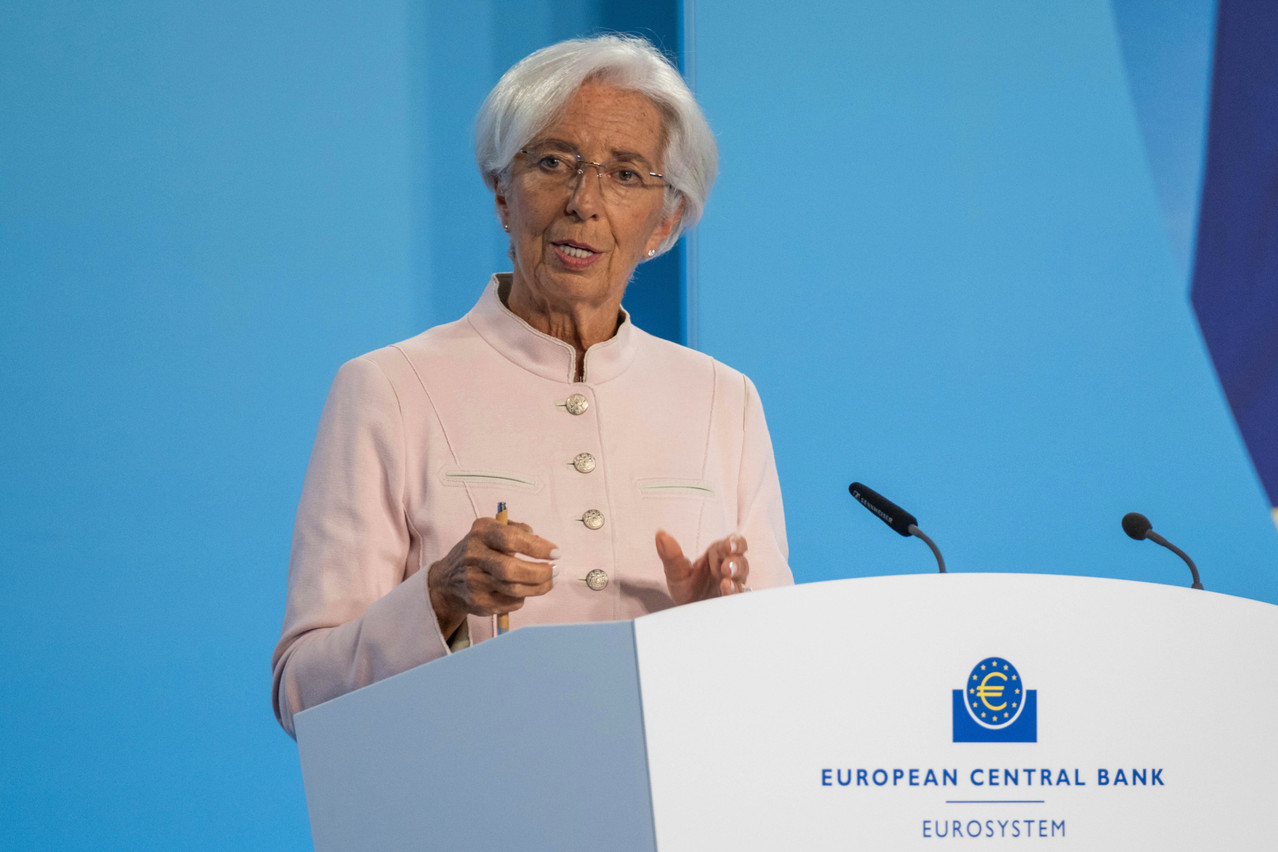In the midst of global geopolitical turmoil and a deepening climate crisis, the euro area’s economic activity has hit a plateau in recent quarters and is likely to remain weak for the rest of the year, conveyed Christine Lagarde, president of the European Central Bank, in her opening remarks to the European Parliament on 27 November. Addressing the economic and monetary affairs committee, Lagarde that the Euro area’s real GDP contracted by 0.1% in Q3 2023, influenced by rising interest rates, reduced foreign demand and the fading momentum of the post-pandemic economic reopening.
While manufacturing continues to decline, the services sector is also weakening. In contrast, the labour market remains robust, although there are indications that job growth could slow by year-end. Looking ahead, Lagarde said there are prospects for economic recovery, fueled by decreasing inflation, improvements in household real incomes and stronger demand for euro area exports.
In discussing inflation, Lagarde noted a drop to 2.9% in October, influenced by a broad decline in inflation rates and specific decreases in energy inflation, which fell by 11.2%. While food inflation is expected to remain high, it contrasts with the United States, where food inflation is more controlled, but core inflation has increased post-pandemic.
Excluding the volatile energy and food, euro area inflation continued to decline, reaching 4.2% in October, due to reductions in goods and services inflation. Most other underlying inflation measures also decreased.
However, the ECB’s domestic inflation indicator, which excludes high-import-content items, hasn’t fallen significantly, suggesting a shift towards domestic factors driving inflation.
Wage pressures are noteworthy as well, mainly as ‘catch-up’ effects in response to past inflation, rather than indicating a self-sustaining cycle, Lagarde noted. Wages are anticipated to significantly influence domestic inflation, while the effect of profits, once a major factor in domestic price pressures, is diminishing.
Looking ahead, Lagarde anticipated a gradual reduction in inflationary pressures, although she noted that there might be a short-term rise in headline inflation in the near future due to base effects. She concluded, “the medium-term outlook for inflation remains surrounded by considerable uncertainty,” highlighting the ongoing complexity of the economic situation.
